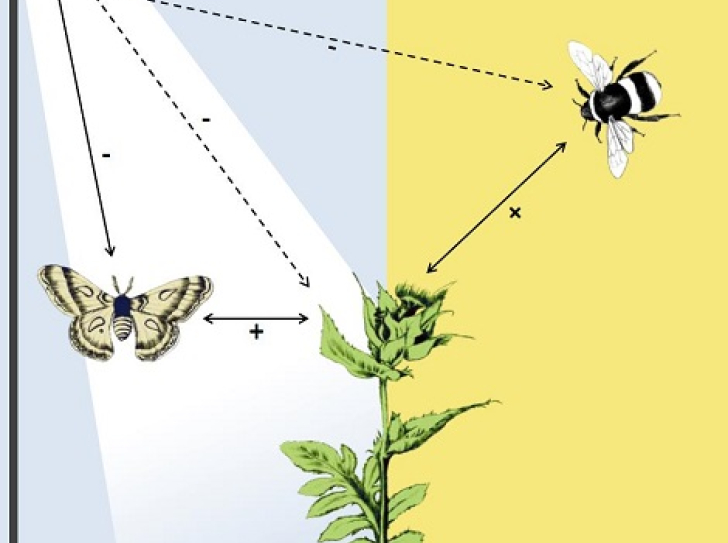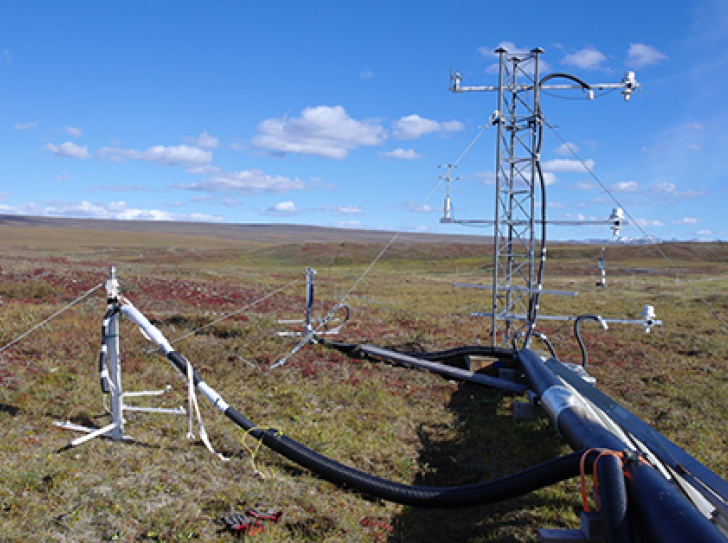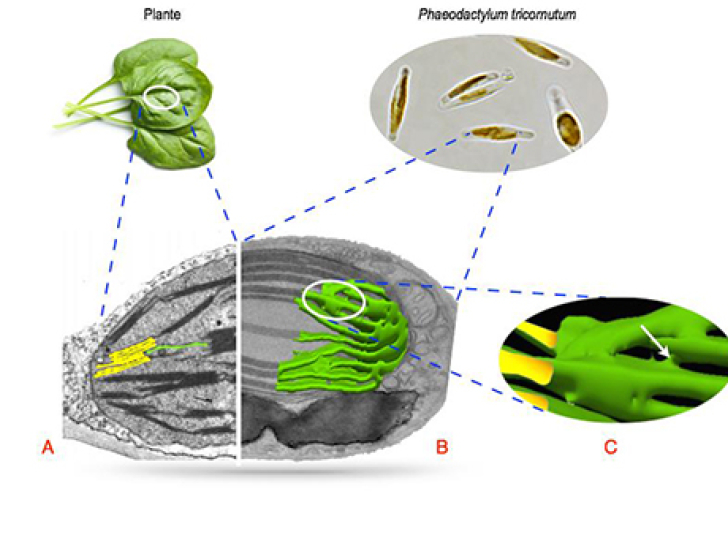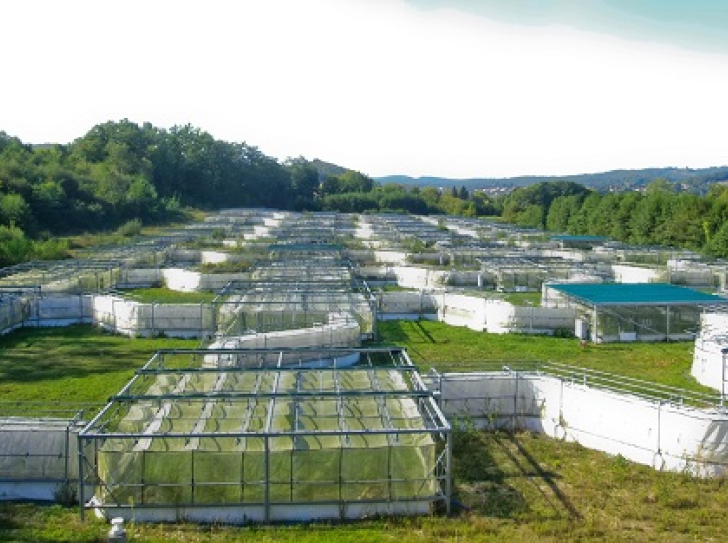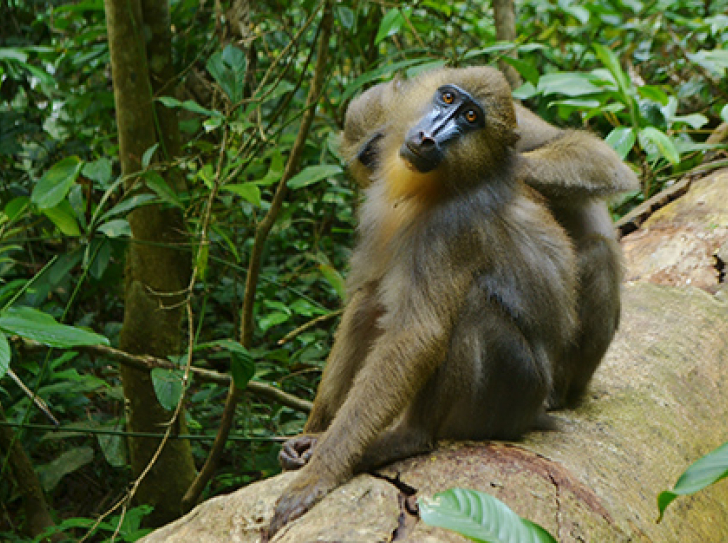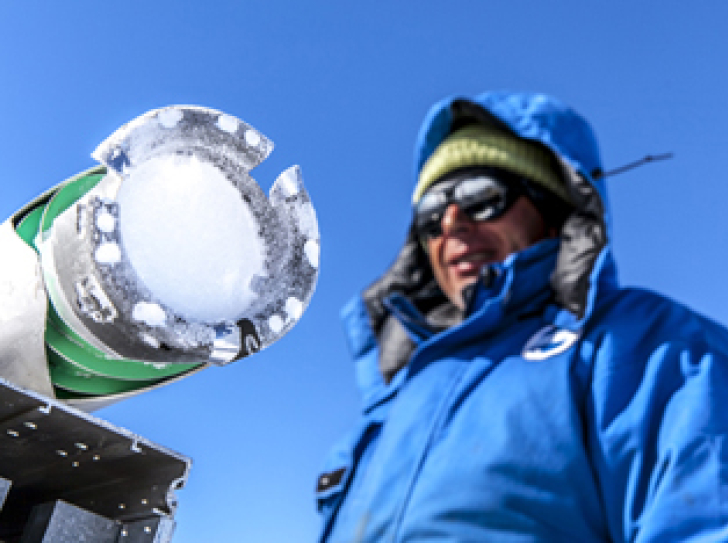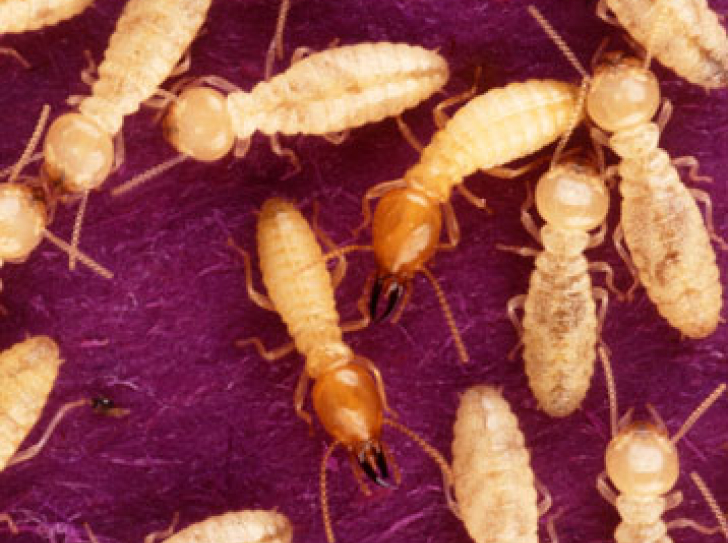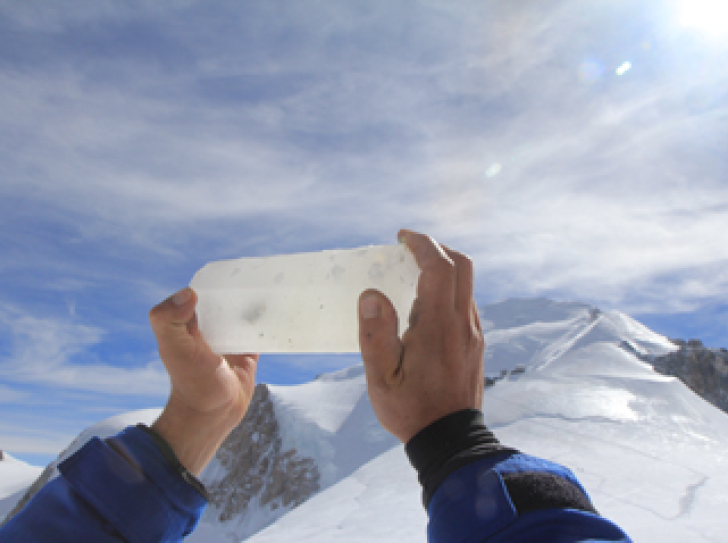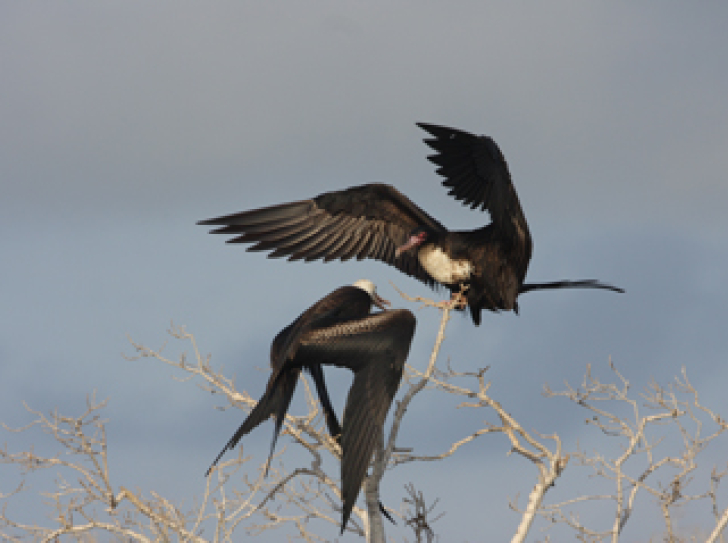News round-up
190 results
Press
A new threat to pollination: the dark side of artificial light
A European team, including a researcher from the Centre d'Écologie et des Sciences de la Conservation (CNRS/MNHN/UPMC), has shown for the first time…
Read more
Press
Mercury in the Arctic Ocean: Stopover in the tundra
The Arctic Ocean and its fauna are far from major sources of pollution. So why are they so contaminated with mercury? This mystery has just been…
Read more
Press
How phytoplankton rule the oceans
Photosynthesis is a unique biological process that has permitted the colonization of land and sea by plants and phytoplankton respectively. While the…
Read more
Press
Does global warming threaten the gut microbiota?
The deleterious effects of climate change on bacterial species composing the gut microbiotaThe gut microbiota is the community of microorganisms…
Read more
Press
Smell helps primates flee parasites
Researchers from the CNRS have discovered that mandrills use their sense of smell to avoid contamination by intestinal protozoans through contact…
Read more
Press
Atmospheric methane concentrations are rising faster since 2007
An international group of researchers led by LSCE (CEA-CNRS-UVSQ) has published a thorough budget of methane sources and sinkssinks: chemical…
Read more
Press
Searching for the world's oldest ice
Why did the rhythm of glaciations suddenly slow down about a million years ago? To answer this question and to better forecast future climate change,…
Read more
Press
Invasive insects: an underestimated cost to the world economy
Invasive insects cause at least 69 billion euros of damage per annum worldwide. Such is the estimation made by an international research team led by…
Read more
Press
Frigate birds: never touching down
Frigate birds were already known for their ability to fly continuously for weeks without landing. A telemetric study of their trajectory and flight…
Read more

